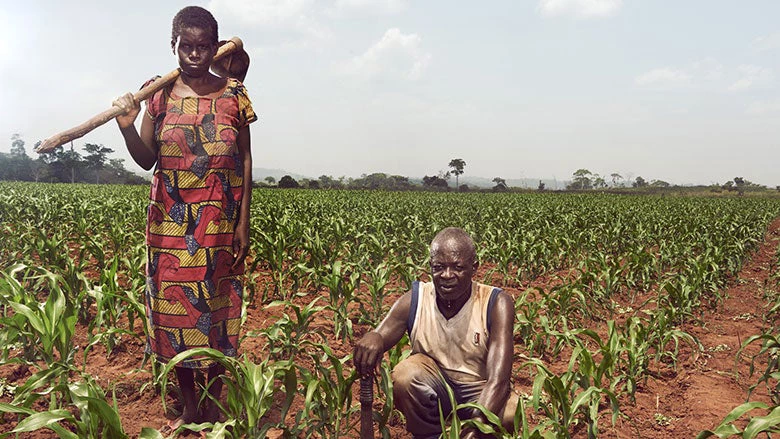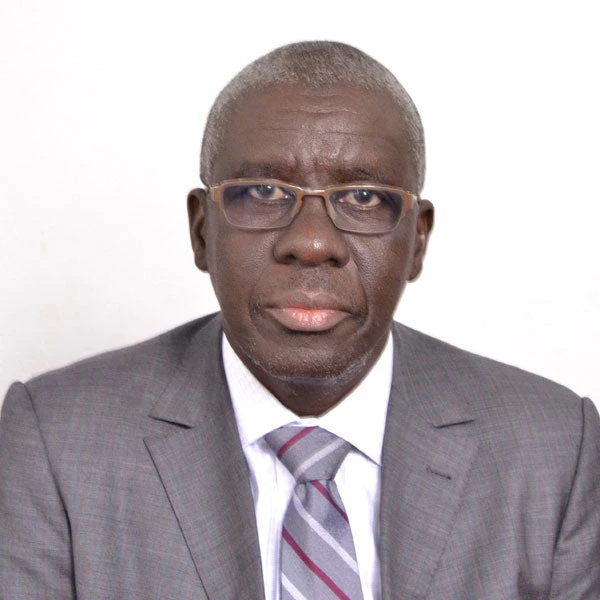Picture this: A young ex-combatant who put down his weapons a few months ago, raises his hand to say he has decided to improve his life by going into agriculture, and his colleagues think the same.
We had several of these exchanges with young ex-combatants during our recent mission to the rural areas of the Central African Republic (CAR). These men were members of armed militia groups who had put down their arms so they could start anew. Some of them took up agriculture, such as planting cotton and cassava. Others were developing special skills like blacksmithing, to make and repair tools for farmers.
We were energized by every interaction: the positive atmosphere among youth and a sense of hope was palpable. However, unless agriculture support services are reestablished, hope could turn into unfulfilled dreams, as well as skepticism about the capacity of peace to bring prosperity.
Our mission was simple: Help so far has been humanitarian in nature with no medium- to long-term action in place. But as the World Bank shifts toward collaboration with humanitarian partners, such as the United Nations, to find solutions, we wanted to hear from ex-combatants and other stakeholders: What concrete steps could we quickly take, given that farmers and agricultural institutions in the CAR have been decapitalized since the crisis broke out there in 2013?
What did farmers need to help them build a future? The president of the cotton farmers’ association of Paoua in northern CAR was clear: We need roads and inputs like tools, seeds, and fertilizer.
Once a cotton powerhouse producing and exporting more than 60,000 tons of cotton per year, the CAR now only exports a couple of thousand tons, and it is not always considered to be of high quality. Why? Though as large as France, the country has only an estimated 5 million people. Connectivity is poor, which makes the movement of persons and goods very challenging.
Producers have no reliable way to transport their products and, even when they do, the suppliers of the agricultural inputs they need have all but disappeared. The country’s seed system has collapsed. We visited a regional agriculture research station in Bokoutou; they were starting to rebuild a seed base and thinking about propagating them so that farmers have a seed supply. But this endeavor is artisanal.
Farmers and stakeholders are hopeful that agriculture is ready for a relaunch after stability-building efforts were supported by UN security forces in large parts of the country, including in some of the agriculture production basins. The most urgent need is to strengthen the institutions that provide agricultural goods and services, the Agriculture Ministry and animal and plant health departments, agricultural research institutions, development agencies, and the Chamber of Agriculture.
Areas in CAR had been conflict-free until recently, when the lack of investment and jobs may have contributed toward pushing people back to reconnect with their old armed groups.
Now is the time to seize the moment and accelerate peace and prosperity. The case of CAR illustrates the limits of humanitarian support and the need for more forward-looking, development measures. Donors need to move quickly to support fragile and conflict countries. In the CAR, and in many other conflict countries, agriculture is a critical pathway to achieving this.




Join the Conversation